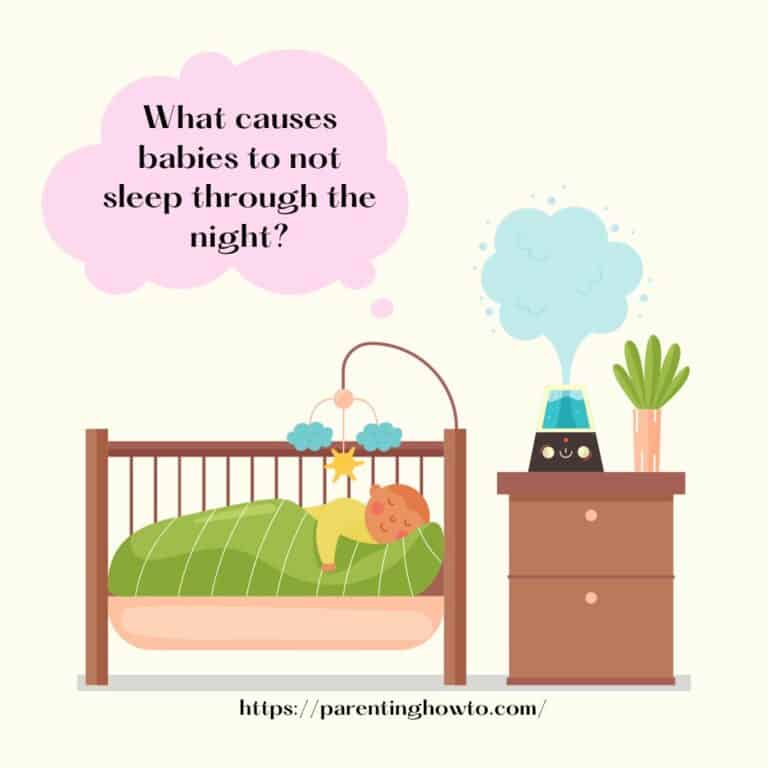Are you a new parent looking for advice on how to care for your toddler? Do you wonder how often they should use the bathroom? If so, this blog post is here to help! We’ll look at some of the factors that may affect how often your toddler should pee and offer tips on helping them stay hydrated.
Normal Frequency of Urination
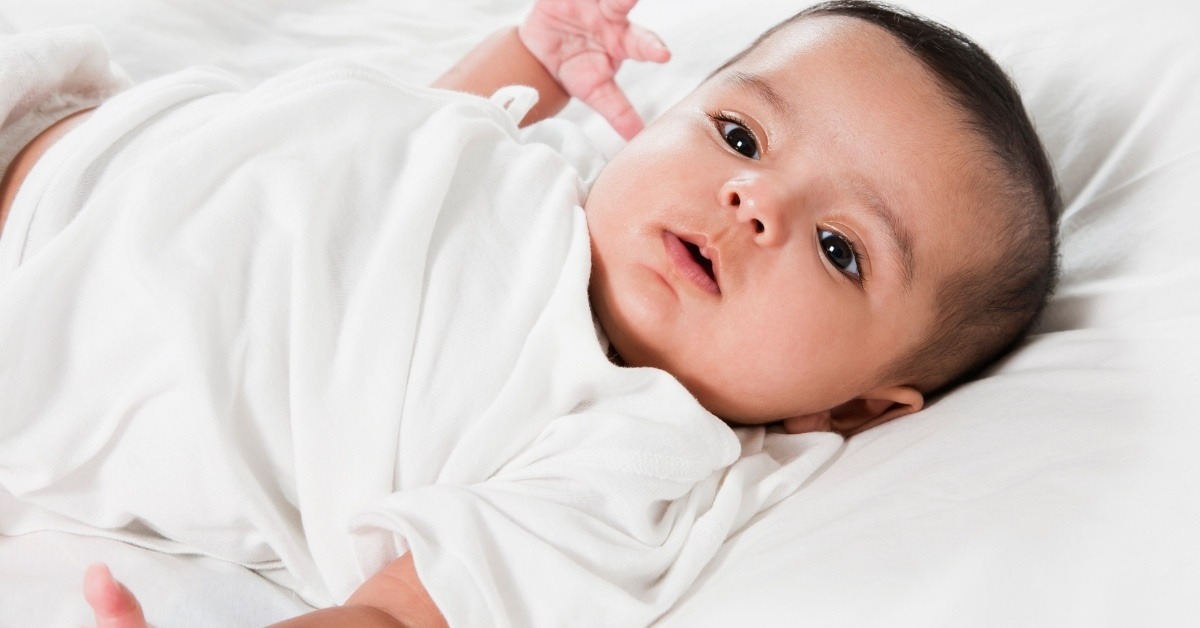
Normal frequency of urination is an important indicator of a person’s health. The amount and timing of urination can give us insight into our overall well-being. Generally, adults should be urinating four to seven times per day, with each session producing around 250 ml (8 oz) of urine. This may vary from person to person due to different levels of hydration, but any significant changes in frequency or quantity should be discussed with a doctor.
For children, the amount and frequency of urination can vary depending on age. Newborns tend to have more frequent and smaller amounts of urine as their bodies are still adjusting to the outside world. On average, infants aged 1-3 months typically go between 8-12 times per day while toddlers aged 3-5 years usually go 4-8 times in 24 hours. Once children reach school age (6+ years old), they usually only need to use the bathroom around 5-7 times per day like most adults do.
If you notice that your child is going frequently or having accidents between bathroom trips, it could indicate a urinary tract infection (UTI). Other signs of UTI include pain when passing urine or cloudy/foul smelling urine. If you suspect your child has a UTI, it is best to consult your doctor for further advice and treatment options.
In conclusion, understanding normal frequency of urination is important for maintaining good health at all stages in life! Regular tracking of a person’s habits helps them identify any irregularities that should be discussed with their doctor for further evaluation and treatment if necessary.
Signs of a Urinary Tract Infection
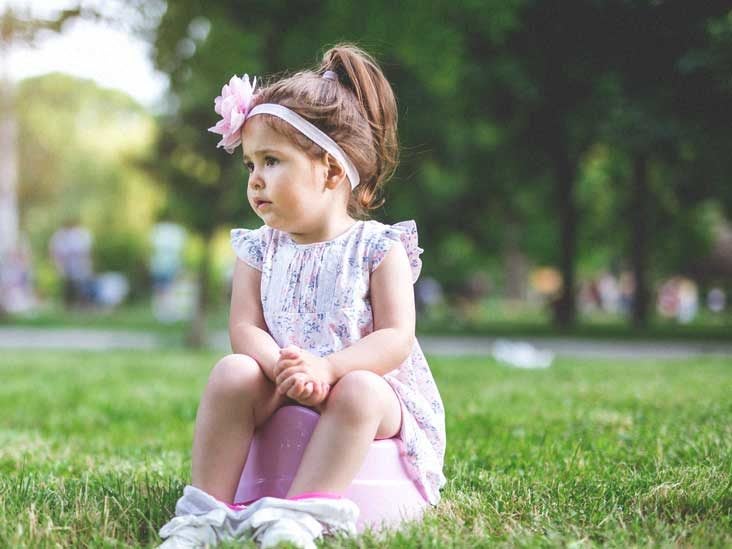
Urinary tract infections (UTIs) are a common problem in children. Though they are not life-threatening, they can be uncomfortable and may need to be treated. Symptoms of a UTI in children may include pain or burning when urinating, needing to urinate frequently, deliberately holding urine, loss of control of urine (incontinence), fever, vomiting, and being fussy. Older kids may also experience pain in their lower abdomen or back.
If your child experiences any of these symptoms it is important to take them to the doctor for an evaluation. The doctor may perform a physical exam and/or order tests such as a urine sample analysis or imaging tests. Treatment for UTIs usually involves antibiotics prescribed by your doctor. If left untreated the infection can spread upwards into the ureters and kidneys which can become very serious so it’s important to seek medical attention as soon as possible if you suspect your child has a UTI.
Foods and Drinks That Can Increase Urination

Do you feel like you’re constantly running to the bathroom? There might be some foods and drinks that are making you go. Certain foods and drinks can increase urination, causing frequent and sometimes urgent trips to the restroom. These include citrus fruits, apples, bananas, carbonated beverages, caffeine, alcohol, artificial sweeteners and processed sugar substitutes. Eating a balanced diet can help reduce urinary frequency by ensuring your body is getting enough fluids. Drinking plenty of water throughout the day is also important for bladder health. However, if you find yourself drinking large amounts of fluids and still needing to go frequently, it may be time to speak with your doctor about possible underlying medical conditions such as overactive bladder or pollakiuria.
Causes of Increased Urination
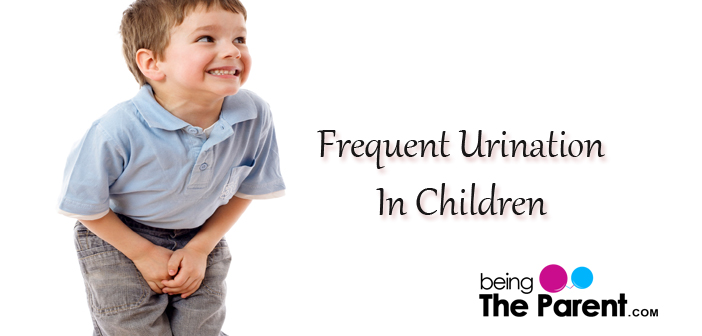
Increased urination, or frequent urination, is a symptom of many different conditions and diseases. It can range from mild to severe depending on the cause. Common causes of increased urination include urinary tract infections (UTIs), diabetes, pregnancy, overactive bladder syndrome, and certain medications. In some cases, the cause may be unknown.
Urinary tract infections (UTIs) are one of the most common causes of frequent urination. UTIs occur when bacteria enter the urinary system through the urethra and infects the bladder or kidneys. Symptoms can include a burning sensation when urinating, pain in the lower abdomen or back, an urgent need to pee even if there is only a small amount of urine in the bladder, and foul-smelling urine.
Diabetes is another common cause of increased urination frequency. When blood sugar levels become too high due to diabetes, it can cause increased thirst and consequently more frequent urination as your body tries to flush out excess sugar through urine production. Diabetes also causes other symptoms such as vision problems, excessive tiredness or fatigue, slow healing wounds or sores on skin etc.,
Pregnancy can also lead to more frequent trips to the bathroom due to hormonal changes in your body causing an increase in urine production as well as pressure from your growing baby on your bladder. Overactive bladder syndrome is another condition that causes frequent urges to pee often with no warning even if you have just gone recently. Certain medications can also be responsible for increased frequency of urination such as diuretics which help reduce fluid retention and drugs for colds and allergies which make you pee more frequently than usual.
If you experience any symptoms like increased frequency of ur
Dehydration and Toddlers
Dehydration is a serious concern for toddlers and young children and can lead to serious health complications if left untreated. Dehydration occurs when the body does not have enough fluids and electrolytes to function properly. Signs of dehydration in toddlers include dry mouth, decreased urination, fewer tears when crying, dark yellow colored urine, lethargy or irritability, and sunken eyes or cheeks. If your toddler exhibits any of these symptoms, it is important to seek medical attention immediately.
Dehydration can be caused by a variety of factors such as vomiting, diarrhea or excessive sweating. To prevent dehydration in toddlers it is important to ensure that they stay hydrated by drinking plenty of fluids throughout the day. If your toddler is vomiting or has diarrhea you should also give them oral rehydration solution as this helps replenish lost electrolytes which are essential for proper functioning. In cases of extreme dehydration intravenous fluids may be necessary to restore the body’s balance.
It’s important that parents are aware of the signs and symptoms of dehydration in their toddler and take steps to prevent it from occurring in the first place. Make sure your child always has access to fresh water throughout the day and limit their intake of sugary drinks which can contribute to dehydration due to their diuretic effect on the body. Furthermore make sure that you check with your pediatrician before giving any type of medication that may have diuretic effects on your child’s body such as some over-the-counter cold medicines which contain decongestants or antihistamines..
Steps to Take if You Notice Excessive Urination

Having a child who excessively urinates can be worrisome for parents. But with the right steps and some patience, your child can get back on track. Here are some tips to help manage excessive urination:
1. Encourage your child to use the restroom 15 minutes before bed and again just before tucking them in, as well as after meals or snacks.
2. Offer more liquids throughout the day – drinking more will increase how much urine is in the bladder, which causes them to need to go more often.
3. Have your child do Kegel exercises – these are muscle contractions that work out the pelvic floor and can help avoid bladder problems like excessive urination.
4. After age 3, your child should urinate about 12 times a day – as they get older and their bladder grows, they may need to go anywhere from four to six times a day.
5. Address any symptoms of pollakiuria (frequent daytime urination) with timed voids – have your child hold their urine for 30 minutes then allow them to go when it’s time for a scheduled voiding break (typically every 2-3 hours).
6. Use Oxybutynin (Ditropan) if necessary – this is often prescribed if an overactive bladder needs calming until the child matures and outgrows this issue naturally over time.
Taking these steps can help you manage excessive urination in children and help ensure that they stay healthy and comfortable!
Tips for Potty Training Toddlers
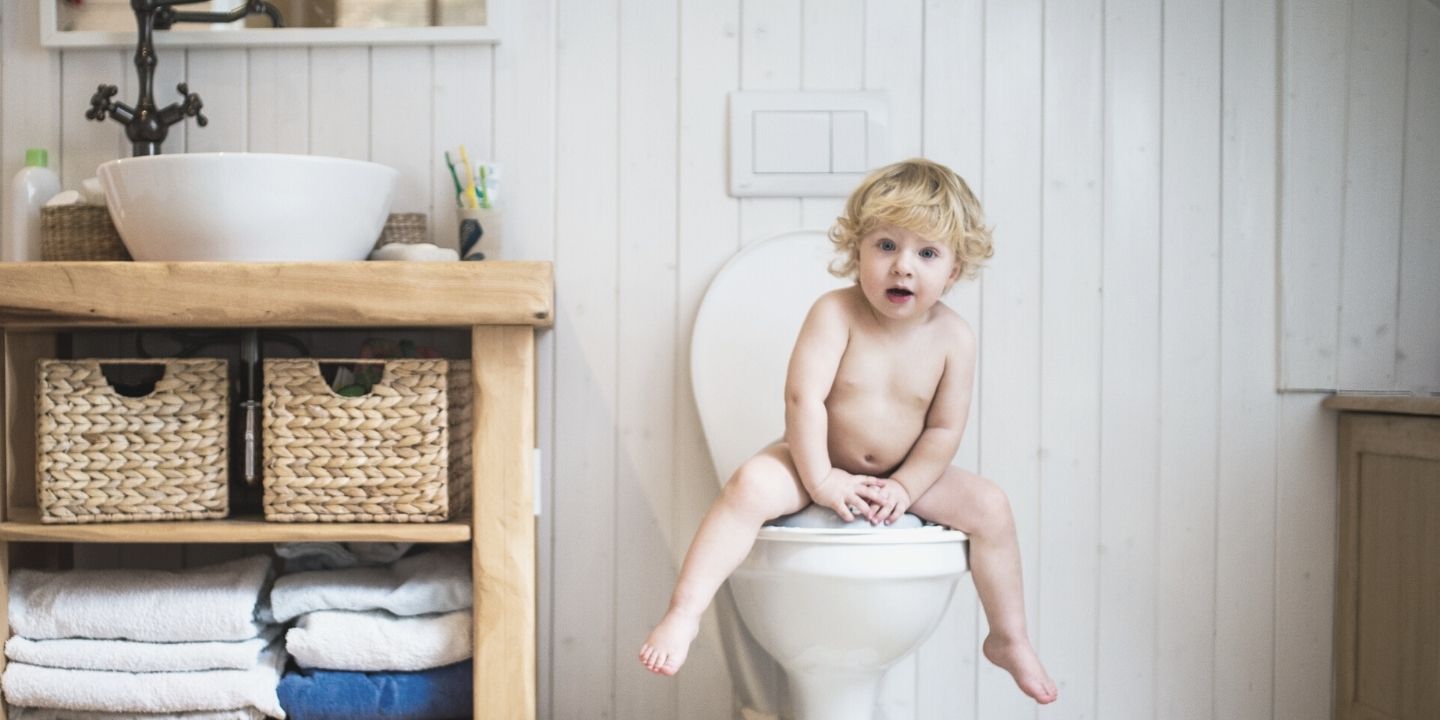
Potty training can be a difficult task for both parents and toddlers. However, with patience and consistency, it can be achieved successfully. Here are some tips to help you potty train your toddler:
1. Look for signs that your child is ready to use the potty. These signs may include an interest in going on the potty, staying dry for longer periods of time and being able to understand instructions about using the potty.
2. Set up a routine and stick to it – take your child to the toilet at regular times throughout the day such as after meals, when they wake up in the morning or just before bedtime.
3. Make sure your child is comfortable on their potty chair – add cushions or a foot stool if necessary so they can sit comfortably and relax while trying to use the toilet.
4. Use positive reinforcement techniques – give rewards such as stickers or verbal praise when they use the potty correctly so that they feel encouraged and motivated to keep learning how to use it properly.
5. Encourage good hygiene habits – teach them how to wipe themselves properly after going on the toilet and make sure they wash their hands thoroughly afterwards too!
6. Be patient with your toddler – it might take time for them to learn how to use the toilet properly but with consistent guidance from you, they will eventually get there!
Diapers vs. Toilet Training
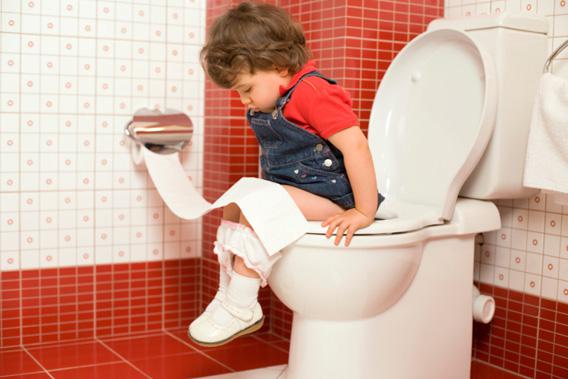
Toilet training can be a challenging process for both parents and toddlers, but it doesn’t have to be overwhelming. With patience, consistency, and understanding of your toddler’s development, you can make the transition from diapers to potty a success.
To start, take cues from your child’s behavior. When they seem ready and willing to learn, offer support by talking about it with them frequently and providing positive reinforcement when they make progress. You can also consider enrolling in a potty training class or working with a certified potty training consultant for additional guidance.
Establishing a regular routine may help as well. Aim to have your child sit on the potty after waking with a dry diaper, or 45 minutes to an hour after meals or drinks. This helps them become accustomed to the idea of using the bathroom regularly and reinforces good toilet habits early on.
Also remember that nighttime accidents are common even after toilet training has begun – that’s why many toddlers still wear diapers or pull-ups at night until they’re around three years old. As long as your child is making progress during the day, there’s no need to rush this final stage of potty training!
Symptoms of a Bladder Infection in Toddlers
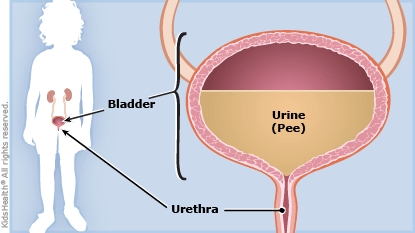
Having a bladder infection can be painful and uncomfortable for toddlers. Symptoms of a bladder infection in toddlers can include wetting during the day or at night, fever, pain or burning when urinating, needing to urinate frequently, cloudy, dark, bloody or foul-smelling urine and irritability.
Additionally, babies may have symptoms such as poor feeding and vomiting. If your toddler has any of these symptoms it is important to take them to see a doctor as soon as possible so they can get the appropriate treatment.
The doctor may prescribe antibiotics to treat the infection and your child should drink plenty of fluids to help flush out the bacteria from their system. With proper diagnosis and treatment most bladder infections in toddlers will clear up quickly without any further complications.
General Guidelines for Peeing Habits in Toddlers

Potty training can be an exciting milestone for toddlers and parents alike. It is important to understand general guidelines for peeing habits in toddlers to ensure successful toilet training that is both enjoyable and effective. Most toddlers pee four to eight times a day, usually at least every two hours or so.
They also have one or two bowel movements each day, although some may have three. Toilet training should be approached with a calm, unhurried attitude and most children are able to control their bladder and bowels by age 3 or 4.
It is important for your toddler’s health that they don’t hold their urine too long as this can lead to urinary tract infections. Having your child sit on the potty within 15-30 minutes after meals encourages them to go when it is convenient for them, as many children show signs of bladder and bowel control between 18-24 months of age. The amount of times they pee each day will depend on age and fluid intake – generally speaking younger toddlers should aim for at least 2-3 times per day while older toddlers should be aiming for 4-8 times per day.
Using star charts can help motivate your child when it comes to using the toilet, tracking their successes over time! As always remember that all children are different when it comes to potty training – if you have any concerns regarding your child’s peeing habits do not hesitate to contact your physician immediately.
Conclusion

When it comes to how often toddlers should pee, the general consensus is that they should go between four and eight times a day. This usually works out to about every two hours or so.
However, babies may go as little as four to six times a day or as often as every one to three hours. If your child is asking to use the bathroom more than 48 times in 4 hours, then it could be an indication of a medical condition such as urinary incontinence and should be discussed with your doctor.
It’s important for parents to start teaching their toddlers good toilet habits from an early age. Consider having your child sit on the potty every couple of hours, whether they have to go or not.
Make sure they sit on the potty first thing in the morning and before leaving any place you are visiting. Most children would be expected to toilet 4-7 times a day, so anything more than this may be a cause for concern. Additionally, most children have bowel control and daytime urine control by age 3 or 4 – if your child is still having difficulty after this age then this should also be discussed with your doctor.
By teaching good toileting habits from an early age you can help ensure that your toddler develops good bathroom habits which will serve them well throughout their lives!
